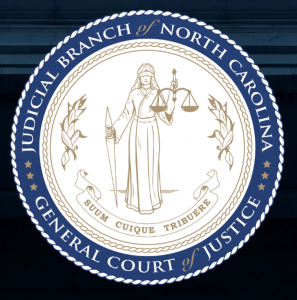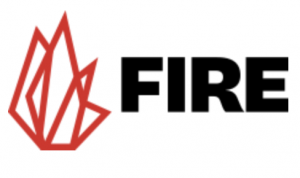
The UNC Center for Media Law and Policy offers many resources to law students, including the Media Law Jobs Board. The jobs board is updated regularly with full-time jobs, fellowships, post-docs, and seasonal internships in media law and a variety of related fields such as journalism, privacy, intellectual property, technology, and business affairs.
There are a number of great summer media law opportunities for law students interested in litigation, digital civil rights, First Amendment issues, and other exciting areas of media law! If you’ve already nailed down your summer plans, this list may help you decide where to apply next summer or after graduation.
Students who accept unpaid or low-paying summer internships in the fields of media law or media policy may be eligible for a summer grant from the Center—check back soon for information about how to apply for summer funding.
Below are some of the highlights of the summer jobs listed on the jobs board. Please remember that you will need to contact these employers directly; we simply post the jobs and are not responsible for hiring.
- First Amendment Internship at the Center for Investigative Reporting: The Center for Investigative Reporting is currently accepting applications for a First Amendment Intern in CIR’s legal department. The intern will work closely with in house and outside counsel to assist with: researching discrete issues for freedom-of-information and court-access cases; drafting, reviewing, and editing appeal letters for public records requests; providing feedback on amicus briefs; researching intellectual property issues and assisting with relevant client letters; and researching for a law review article involving First Amendment issues and the right of access.
- Cyberlaw Clinic Intern at the Berkman Klein Center for Internet and Society: Harvard Law School‘s Cyberlaw Clinic, based at Harvard’s Berkman Klein Center for Internet & Society, provides high-quality, pro-bono legal services. Summer legal interns work on all aspects of the Cyberlaw Clinic’s caseload and, like Fall and Spring semester students, take the lead on the projects they join, supported by the Clinic staff. Although Clinic projects vary from summer to summer, they often include substantive law related to the First Amendment, computer security, digital privacy, intellectual property, civic innovation, emerging technologies such as AI, human rights, reproductive justice and media and the arts.
- Summer Legal Intern–Media and Free Speech at Dow Jones: Dow Jones & Company, Inc. is soliciting applications for its Media Law and First Amendment Internship. The position is hybrid and the intern will join Dow Jones’s legal department in its New York City offices for a few days each week, for ten weeks in the summer of 2023. Working primarily with Dow Jones’s litigation and press attorneys, the intern will focus on matters affecting publication, access to information, newsgathering, and domestic and international free-speech laws.
- Media Freedom and Information Access Fellow at Yale Law School: The Media Freedom and Information Access Clinic is a law student clinic dedicated to increasing government transparency, defending the essential work of news gatherers, and protecting freedom of expression. It provides pro bono legal services to journalists and news organizations, pursues impact litigation, and develops policy initiatives in support of the Clinic’s mission. The Media Freedom and Information Access Clinic invites applications for summer fellow positions. The summer fellows will assist in all aspects of the Clinic’s ongoing litigation and other activities.
And, of course, current law students should also reach out to their school’s career offices. UNC students can contact the Career Development Office through My Carolina Law.
Don’t forget to check the board regularly for new summer and post-grad opportunities!


 Each summer, the Center for Media Law and Policy provides financial support through its
Each summer, the Center for Media Law and Policy provides financial support through its  Are you a Carolina student interested in pursuing a career in media law or policy? Are you worried that you won’t be able to take that summer job in Atlanta, Los Angeles, New York, or Washington, because it’s just too expensive to live there? Or perhaps you’ll be working remotely from Chapel Hill (or elsewhere) and the job doesn’t pay very much?
Are you a Carolina student interested in pursuing a career in media law or policy? Are you worried that you won’t be able to take that summer job in Atlanta, Los Angeles, New York, or Washington, because it’s just too expensive to live there? Or perhaps you’ll be working remotely from Chapel Hill (or elsewhere) and the job doesn’t pay very much? The jobs board is updated regularly with full-time jobs, fellowships, post-docs, and seasonal internships in a variety of media law and related fields such as journalism, intellectual property, technology, and business affairs.
The jobs board is updated regularly with full-time jobs, fellowships, post-docs, and seasonal internships in a variety of media law and related fields such as journalism, intellectual property, technology, and business affairs.